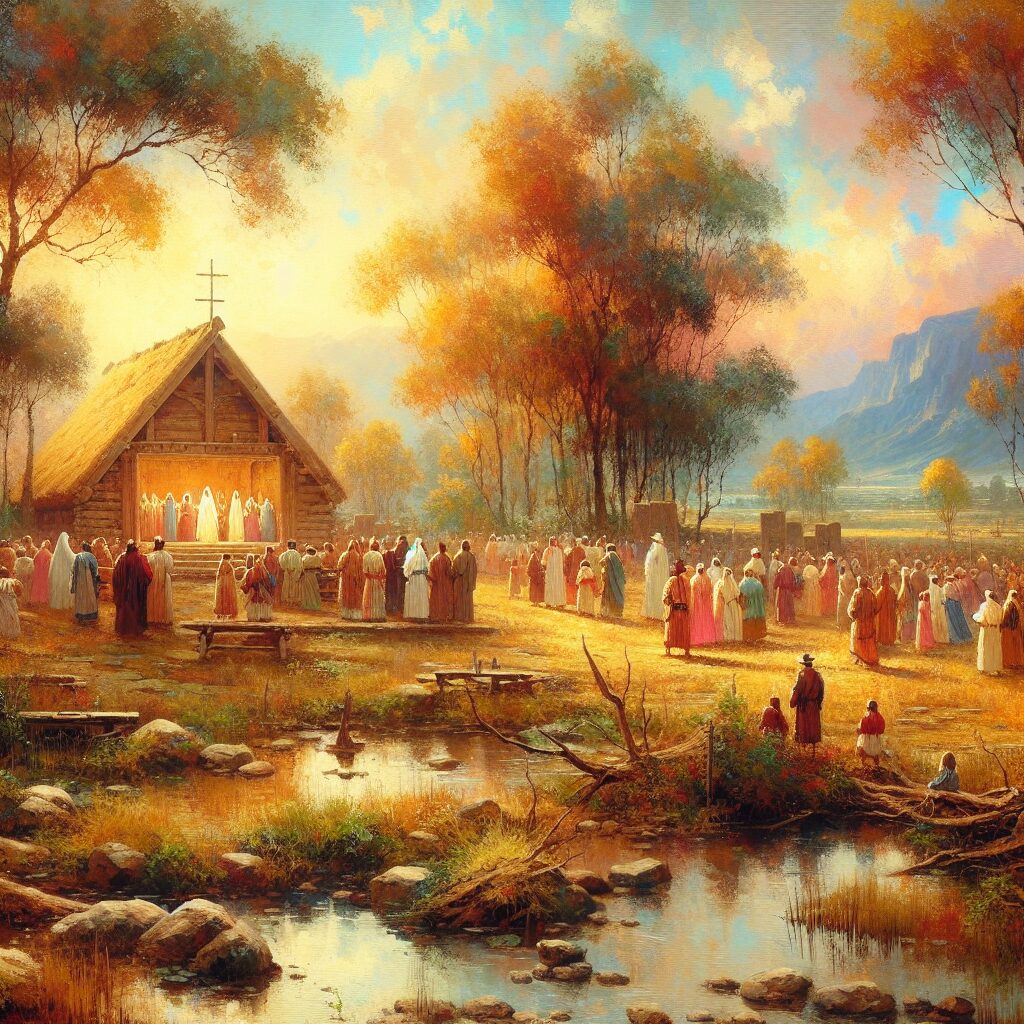
Bible Verse
“If brothers dwell together, and one of them dies and has no son, the wife of the dead man shall not be married outside the family to a stranger. Her husband’s brother shall go in to her and take her as his wife and perform the duty of a husband’s brother to her.” – Deuteronomy 25:5
Reflection
Deuteronomy 25:5 offers a glimpse into the social and familial structures within ancient Israelite culture. At first glance, this verse may seem distant from our modern context. However, when we delve deeper, we discover profound lessons on community, responsibility, and compassion, which are still relevant today.
In the world of the ancient Israelites, family was the cornerstone of society, and this verse reflects that. The levirate marriage practice, described here, was designed to provide security and continuity for the widow left without a child—a situation that was economically and socially precarious at the time. The brother-in-law’s obligation was not merely a familial duty but a blessing of sustenance and inclusion. This arrangement symbolizes a profound principle: the care for those who are vulnerable and ensuring they remain within a supportive community, embodying God’s overarching mandate of love and kindness.
From a broader perspective, this commandment highlights the beauty of sacrificial love and duty—the willingness to step in and uplift others in times of need. Modern society might not practice levirate marriage, but the principle remains pertinent: our Christian journey involves reaching out to others, extending grace and support, and helping ensure the dignity and survival of those around us. It’s a call to be attentive to the needs of others and to choose community over isolation, a resounding chorus in the symphony of faith that echoes God’s heart for His people.
God’s love is universally inclusive, crossing boundaries of time and culture, inviting us to create environments where people feel safe and valued. Today, the application could manifest in various ways—emotional support for someone grieving, offering resource-sharing within the community, or simply extending acts of friendship and solidarity. Each of these acts, however small, serves as a gentle reminder of our interconnectedness and the potential we possess to reflect God’s love in tangible ways.
Additionally, Deuteronomy 25:5 can be seen as a depiction of God’s unwavering commitment to His people. He is the ultimate provider who cares deeply for the least and the lost. As we reflect on this verse, we are encouraged to embrace the roles of encouragers and helpers—people who stand firm in faith, ready to build others up in love and empathy.
Closing Thought
Deuteronomy 25:5 challenges us to see beyond the cultural specifics and into the heart of God’s intention—a community steeped in compassion and duty, always ready to uplift and support its members. Let us carry this forward, reflecting God’s love through meaningful connections and service, ensuring that no one walks the path alone.